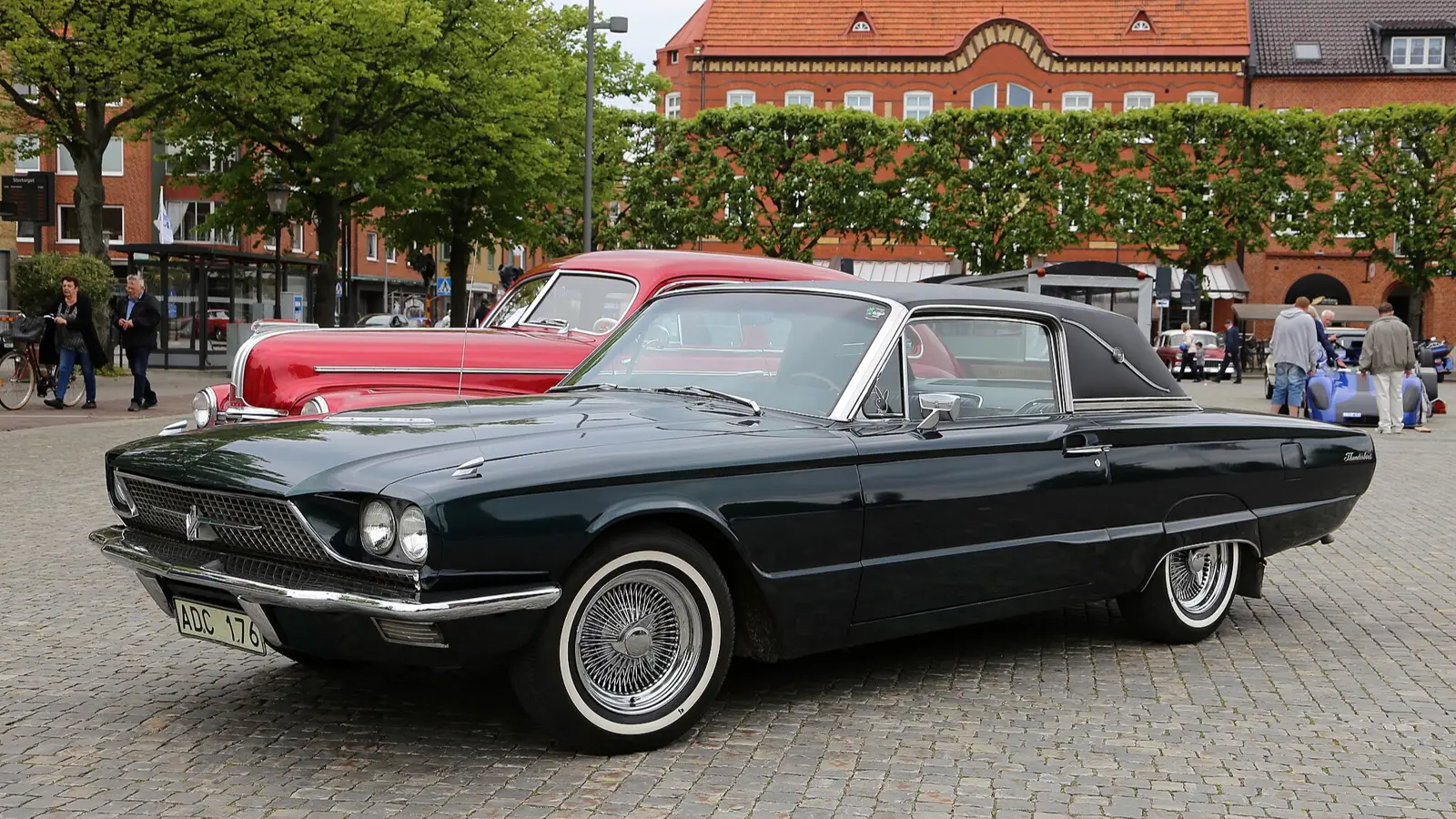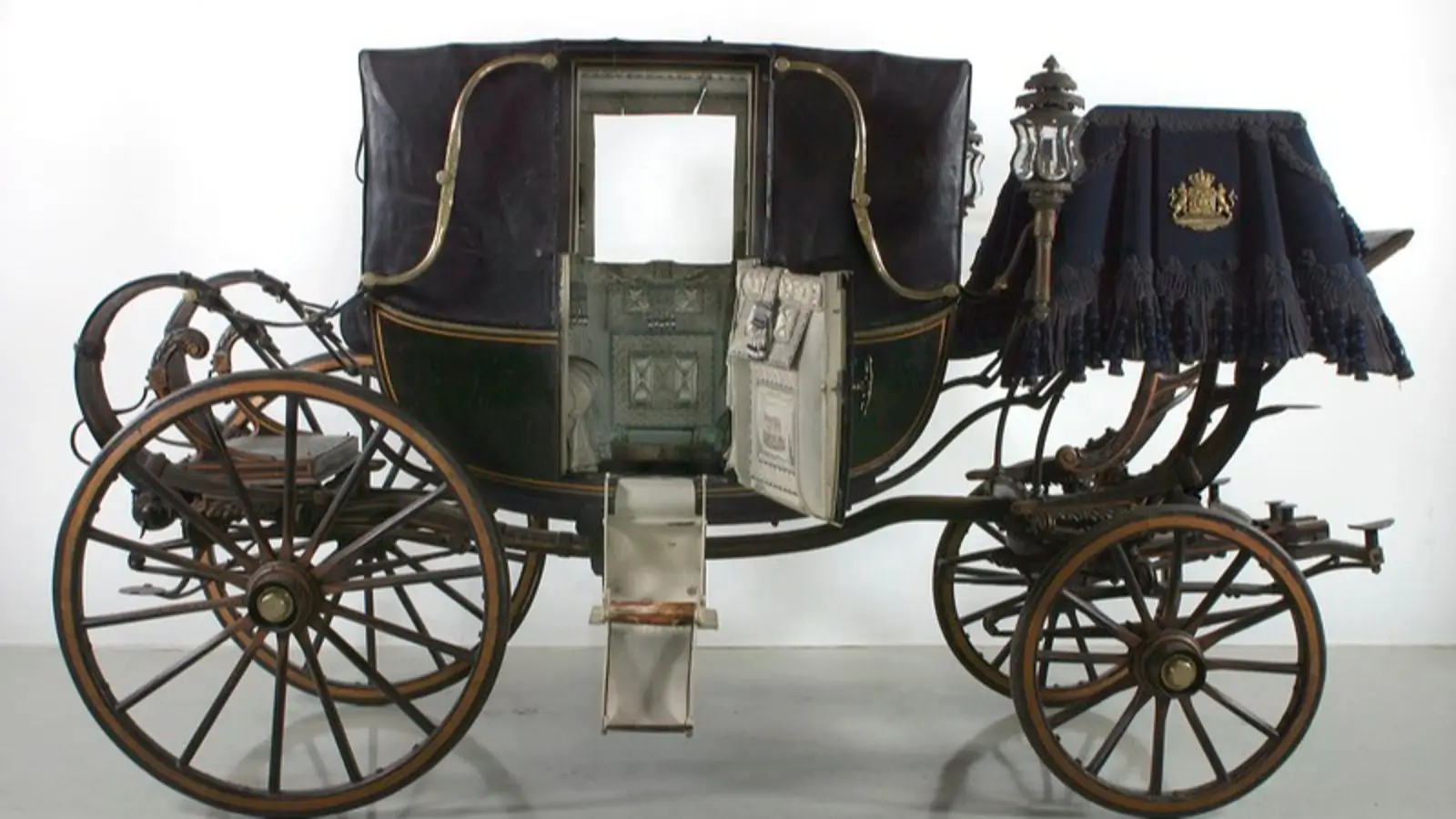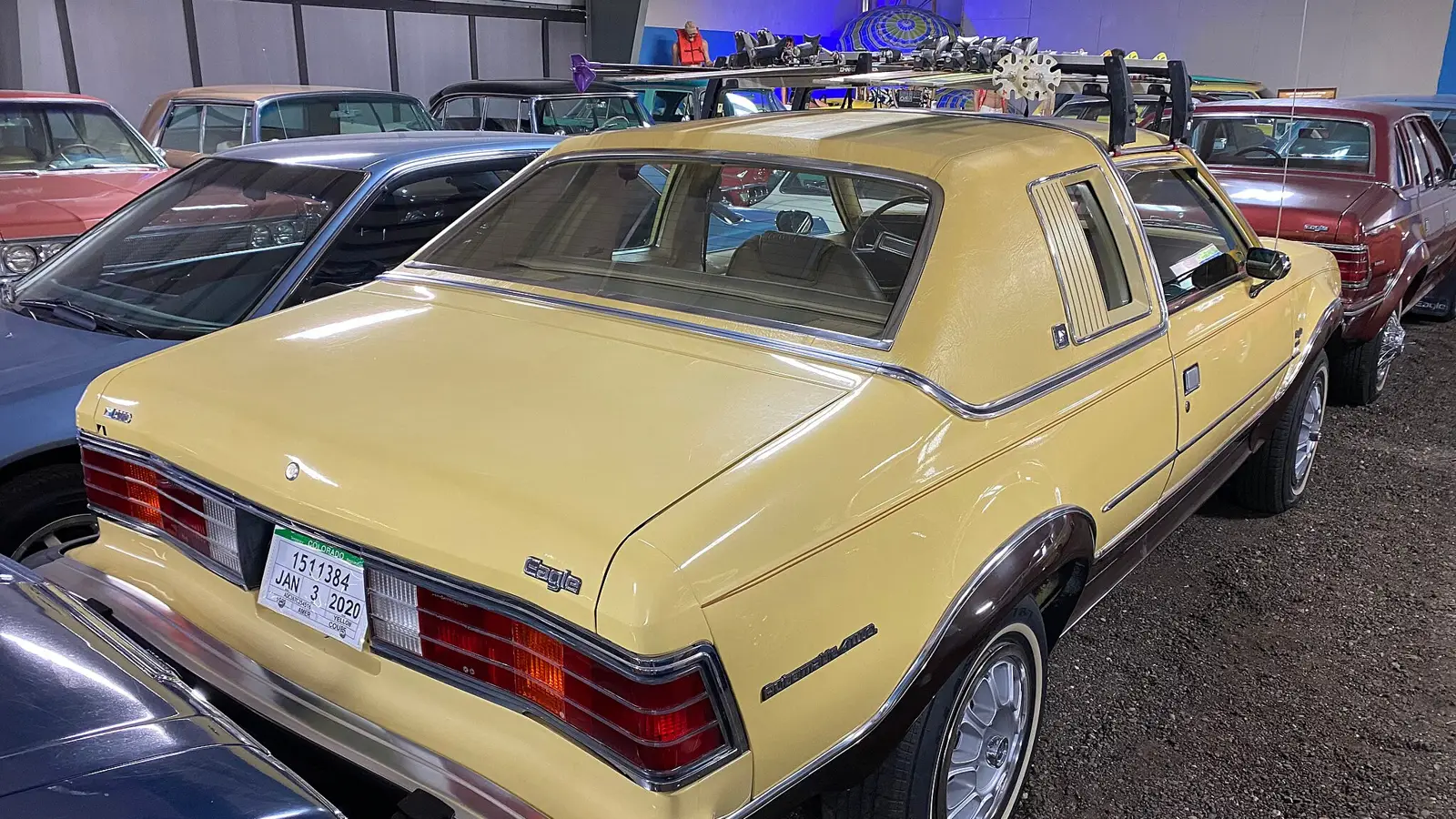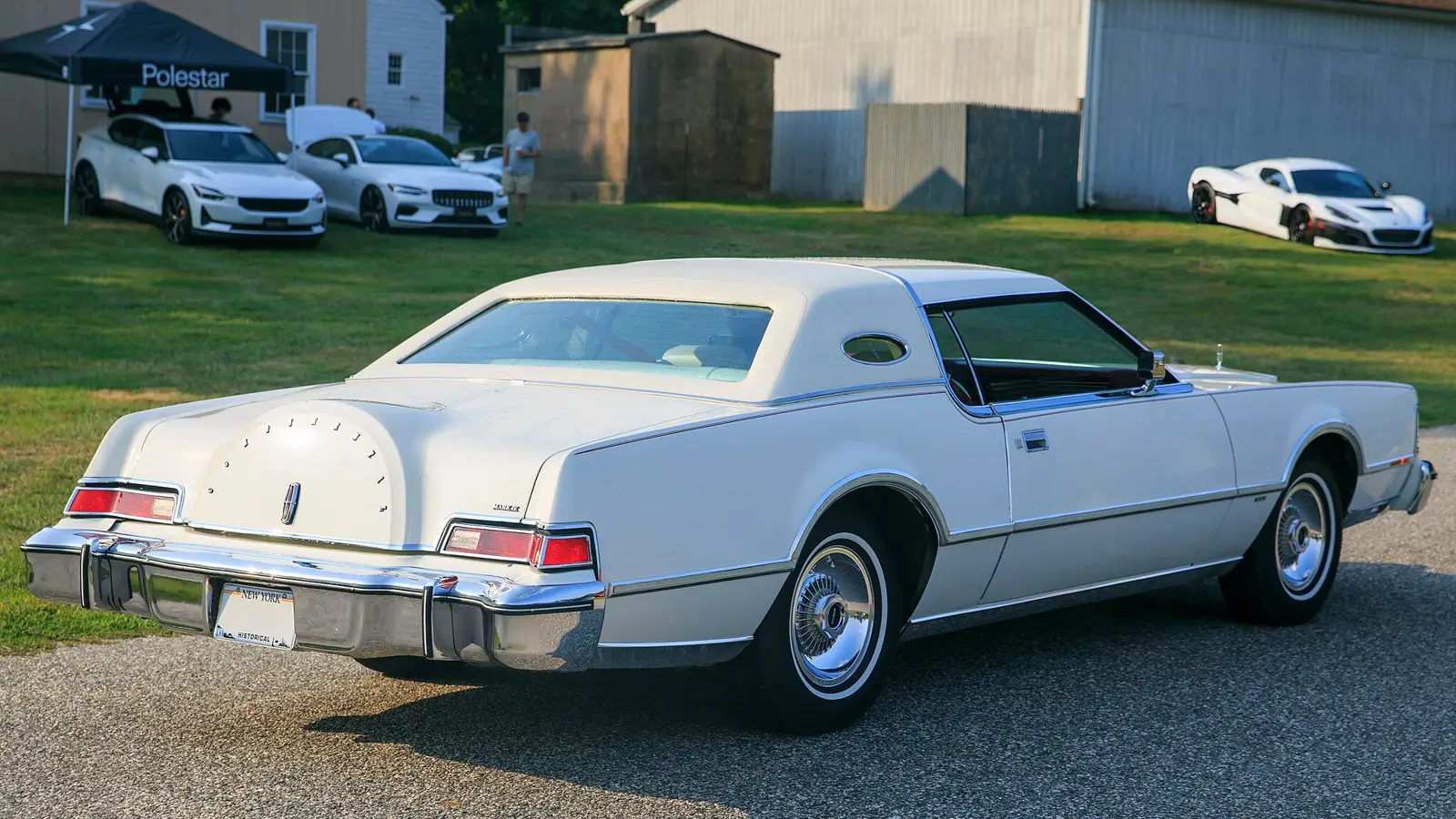The Landau Roof: How a Fake Convertible Became a Design Classic

Explore the history of the Landau roof, from 18th-century carriages to vinyl tops on Cadillacs. Learn why this fake convertible still inspires retro fans.
Some design features come and go—not because they're needed, but because they spark something emotional. The Landau roof is one of those features. It doesn’t fold, doesn’t improve weather protection, and has been known to trap moisture. Yet, starting in the mid-20th century, it became a symbol of class and nostalgia—first in premium American sedans, and later in the world of automotive customization.

The name “Landau” comes from an 18th-century German town known for its elegant carriages with split, folding tops. Car makers borrowed this concept in the early 1900s, building ceremonial landaulet limousines with open rear compartments. These were expensive, mechanically complex, and mostly reserved for parades and weddings.

Eventually, manufacturers found a shortcut: keep the roof rigid, cover it with vinyl, and add decorative bars—the iconic landau irons. The result was a fake convertible look, offering visual drama without mechanical risk. Thus was born the modern Landau roof.
By the 1960s and ’70s, Landau roofs were everywhere. Lincoln Continentals, Cadillac Eldorados, and Ford Thunderbirds all wore vinyl with pride. It was a fashion statement—but also a smart business move. Vinyl tops reduced paint prep and costs, while being sold as premium options. Buyers felt like they were getting something exclusive, even if it was all show and no go.
In the 1980s, the trend faded. Landau roofs began to feel heavy and outdated. Worse, trapped moisture caused rust issues. By the early ’90s, factory-built Landau models had disappeared, replaced by sleeker, more aerodynamic metal roofs built for function rather than flair.

But the Landau isn’t gone. In custom shops and retro garages, it’s making a quiet return. Enthusiasts still install vinyl roofs on modern sedans—typically at a cost of $300 to $800. Companies like E&G Classics and Designs by Lawrence continue to offer kits. You’ll even find vinyl-roofed cars listed on eBay with pride.
There are even concept projects like the unofficial Ford Landau 2026—modern builds with vintage flair. It’s not mass-market, and probably never will be. But in a culture where customization is self-expression, the Landau still has a voice.
It’s not just a fake convertible. It’s a design quote from another era. You can’t open it—but it still opens the door to style, memory, and attention to detail.
Allen Garwin
2025, Jul 24 11:30


